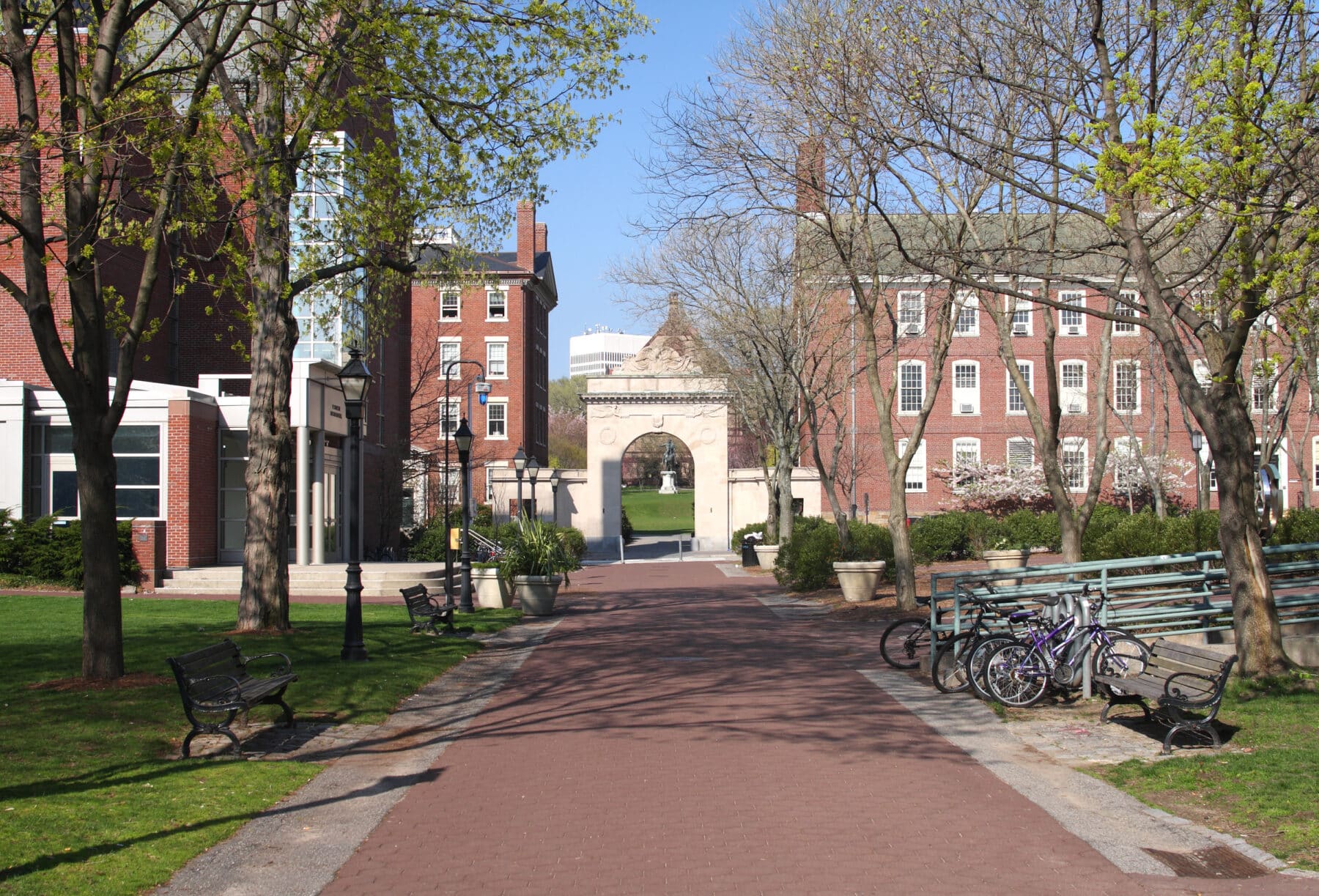Providence Taxpayers Left With Questions As Colleges Seek Deals
A proposed deal between Providence and local colleges promises $170M over 20 years. But vague language and loopholes appear to favor the tax-exempt schools over city taxpayers.
September 15, 2023, 7:43 am
By Uprise RI Staff
The City of Providence finds itself at a crossroads as local academic institutions seek agreements granting zoning approvals, land transfers, and other benefits in exchange for monetary contributions. Two pending deals with Brown University and a consortium of colleges reveal a complex web of trade-offs between town-gown interests and accountability to taxpayers.
Brown’s 10-year, $46 million proposal promises needed revenue but allows credits reducing payments based on new taxable development. Vague language enabling reimbursements for “collaborations” also provides wiggle room to shrink contributions to just hundreds of thousands annually.
A similar 20-year, $170 million deal with Brown, Johnson & Wales, Providence College, and Rhode Island School of Design contains opaque “community contributions” the schools aren’t bound to fulfill. Loopholes throughout both agreements limit the city’s leverage and ability to request additional funds even amid budget shortfalls.
Most alarmingly, critics contend the deals privatize public streets and planning decisions to facilitate campus expansions. Locking in tax-exempt status for decades also blocks major parcels from returning to the tax rolls. This consolidation of power in tax-exempt institutions leaves questions about fairness and accountability.
However, the schools stress credits incentivize mutual growth and their projects align with the city’s comprehensive plan. Reasonable people can debate how to balance leveraging anchor institutions versus accommodating their needs.
Yet, both agreements appear tilted toward universities over taxpayers. Weak default penalties for the colleges compared to strict enforcement obligations on the city reinforce this imbalance.
Creative solutions could produce deals where all interests converge:
- Benchmarking payments to inflation could prevent erosion of contributions over time.
- Specifying community benefits like affordable housing units or local hiring quotas could ensure expansion aids residents.
- Surplus payments in high revenue years could fund an endowment for Providence public schools.
- Independent arbitration clauses could enable equitable enforcement.
- Allowing renegotiation of property tax status when land use changes could capture more revenue.
With thoughtful amendments and public input, controversial provisions could give way to collaborative progress.
Providence’s economic revival depends on leveraging its universities’ resources while respecting their needs. But fiscal stability and fairness also remain paramount.
By insisting deals serve taxpayers as much as institutions, city leaders can strike a principled balance between competing priorities. Only agreements cementing shared interests will enable a prosperous future where all can thrive.






